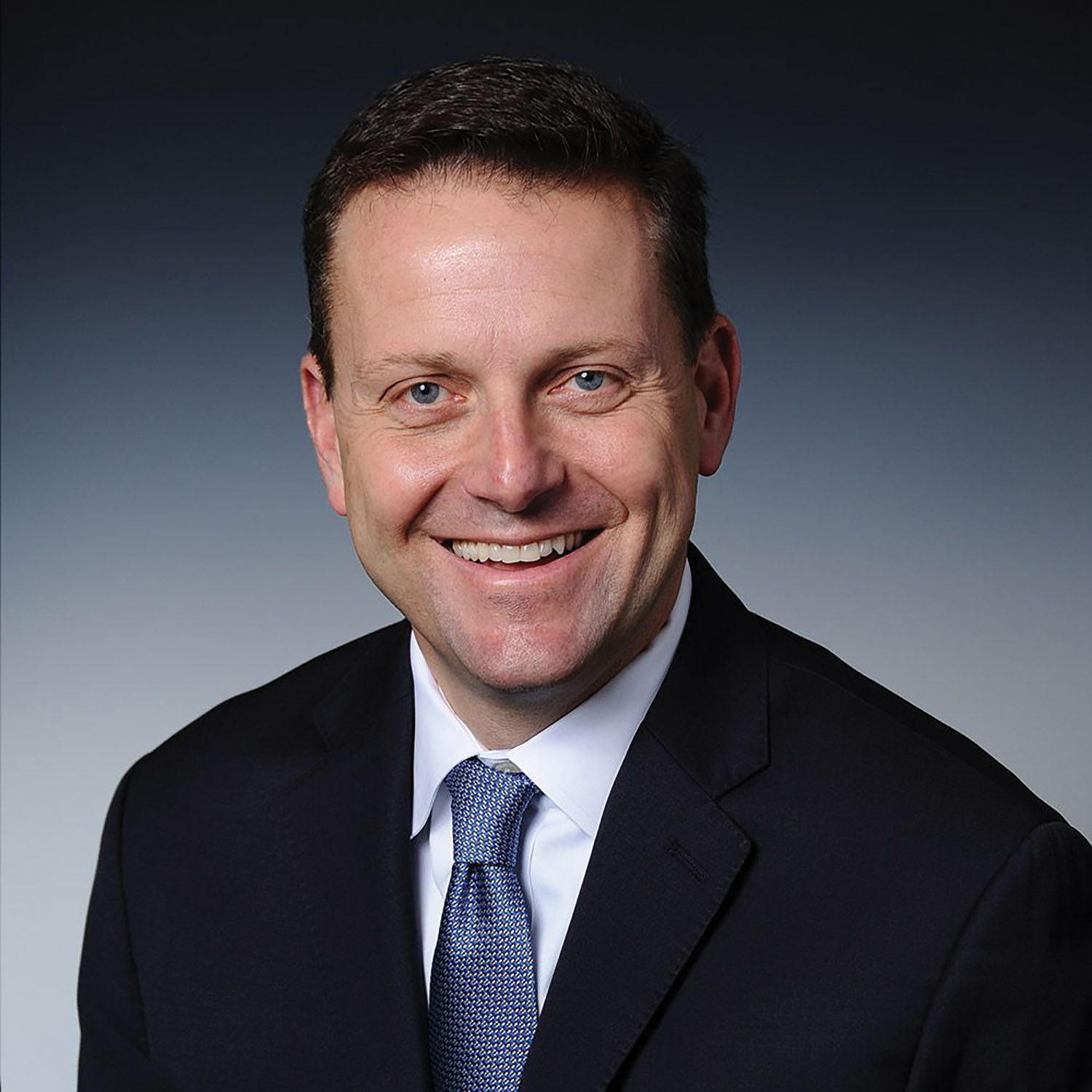
Oncology care has never been more complex, with a variety of issues creating challenges and opportunities for those working to advance cancer care.
Understanding the views of oncologists on key issues that impact their practices, such as the transition to value-based care or the use of real-world evidence in making treatment decisions, are key to developing solutions that support better patient care.
To promote informed discussion on key issues impacting specialty health care providers (HCPs), Cardinal Health Specialty Solutions recently released Oncology Insights. The research-based report drew on three Cardinal Health Summits conducted earlier this year. These events brought together more than 150 oncologists from across the United States, from a diverse mix of community and hospital-based practices, to explore topics critical to their practices.
Here are four key findings from the report:
1. More than a quarter of participating oncologists said they are unsure how to manage the changes needed to comply with the new reimbursement models for Medicare patients under the Medicare Access and CHIP Reauthorization Act (MACRA). When the first MACRA performance period went into effect on January 1, 2017, it marked a major milestone in the transition to value-based care. Designed to reward quality rather than quantity of care, MACRA transforms the payment model used by more than 600,000 clinicians caring for over 55 million Medicare patients nationwide.
Our findings show that 46 percent of participating oncologists report that they either have adequate resources or have invested in technology and staff essential to MACRA compliance. But 27 percent of respondents said they are uncertain how they will manage the transition. In fact, about one in six participating oncologists said their practice is seeking a merger as a strategy for managing MACRA compliance.
2. Oncologists lack confidence that MACRA will improve quality of care and reduce costs. Nearly nine out of 10 participating oncologists are not confident that MACRA will help improve patient outcomes and the total cost of care in the long run. Chadi Nabhan, MD, Chief Medical Officer for Cardinal Health Specialty Solutions, cites several reasons for the skepticism.
“Many oncologists view increased administrative duties and reporting mandated by MACRA as a distraction from direct clinical care,” notes Dr. Nabhan. “In addition, many oncologists question the link between lowering cost and improving outcomes.” He adds that many factors affect total cost of care, including drug prices, hospitalizations, ER visits and others. As a result, reimbursement issues are unlikely to resolve this complex, expensive process.
3. While data from clinical trials remains the primary information source for making treatment decisions, participating oncologists indicated a strong interest in real-world evidence (RWE) and patient-reported outcomes (PRO). HCPs are beginning to recognize that randomized clinical trial data provides only limited insight into the safety and efficacy of treatments because most participants are younger, healthier and less diverse than patients they see in their practices. While data from clinical trials remains the primary information source for making treatment decisions, 76 percent of participating oncologists said PRO is important to treatment decisions. In addition, about three out of four participants “strongly agree” or “somewhat agree” that RWE is necessary to inform treatment decisions due to the limitations of clinical trials.
However, consumption of the data is still at a low level, notes Jonathan Kish, PhD, MPH, Director of Health Economics and Outcomes Research for Cardinal Health Specialty Solutions, in the report. “Many oncologists admit to being unsure of the value of RWE due to doubts about the accuracy of the data and the rigor used to collect it,” he notes. “Despite their increased interest in RWE and PRO, clinical trial data remains their most trusted source of information.”
4. Patient support programs should be improved – and pharmaceutical companies should play a key role. More than 86 percent of participants said pharmaceutical companies should play a larger role in financial support programs. In addition, participating oncologists said financial assistance is the primary need for patients, but services such as education and adherence support are viewed as critical to treatment outcomes.
More than 2,500 prescription medicines in the U.S. have patient services programs, with particular focus on chronic and complex diseases, notes Jennifer Fillman, Vice President and General Manager for Cardinal Health Specialty Solutions. “Yet the summit research shows that only 8 percent perceive patient education and adherence programs offered by manufacturers as essential, fairly common, easy to use and effective,” she reports. “The industry has work to do to build greater awareness of existing programs and demonstrate their individual value.”
These findings highlight the skepticism many oncologists may have about new programs and changing approaches to patient care and practice management. Analytical by nature, oncologists are inclined to trust well-tested concepts and solutions backed by research. As a result, they will need more data demonstrating the credibility of PRO and RWE before they will fully embrace these sources of information. Similarly with MACRA, oncologists will need to see evidence that patients benefit, outcomes improve and costs decline before setting aside their current doubts. Even in the case of patient support programs, which 86 percent say can help to improve outcomes, there is still skepticism about how effective current programs are. Clearly, continued communication from pharmaceutical companies and additional research about the impact of these programs will be needed to build continued support and confidence from oncologists.
For more detailed insights, download the full report at www.cardinalhealth.com/oncologyinsights.
Joe DePinto is president of Cardinal Health Specialty Solutions, a leading provider of solutions to help specialty pharmaceutical companies enhance product success and health care providers enable exceptional patient care.


